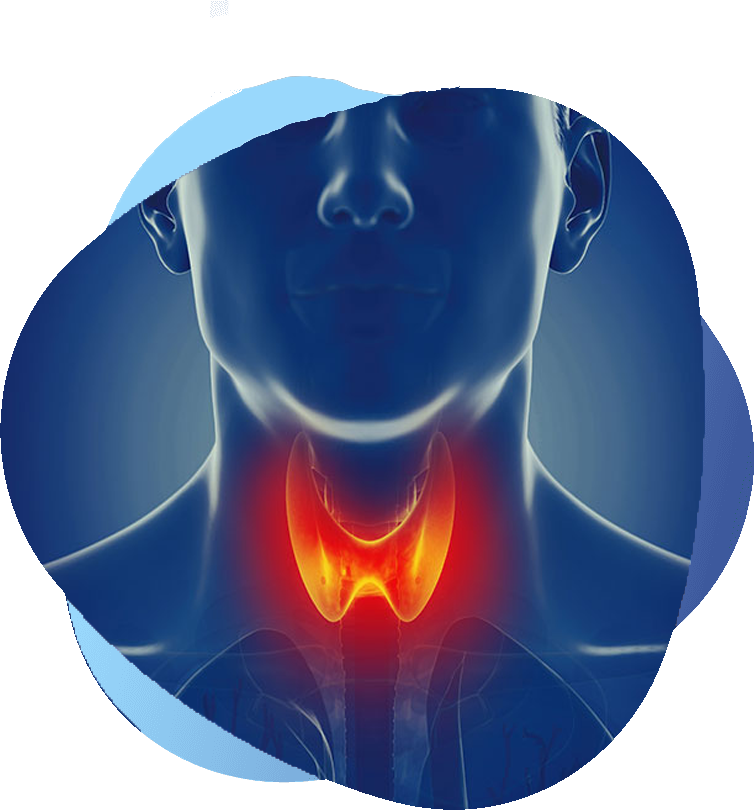Thyroid Disorders:
Thyroid disorders encompass conditions that impact the thyroid gland, a butterfly-shaped gland situated in the front of the neck. The thyroid plays a crucial role in regulating various metabolic processes throughout the body. These disorders can affect the structure or function of the thyroid, and Dr. Nachiket Mahindrakar offers exemplary services for thyroid treatment in Pune.
The thyroid gland is positioned below the Adam's apple, wrapped around the trachea (windpipe), with the isthmus, a thin tissue area, connecting the two thyroid lobes. Utilizing iodine, the thyroid produces essential hormones, with thyroxine (T4) being the primary hormone. T4 is released into the bloodstream, and a portion is converted to the active hormone triiodothyronine (T3).
Thyroid function is regulated by a feedback mechanism involving the brain. Low thyroid hormone levels prompt the hypothalamus to release thyrotropin-releasing hormone (TRH), stimulating the pituitary gland to release thyroid-stimulating hormone (TSH). TSH, in turn, prompts the thyroid gland to release more T4.
Disorders affecting the thyroid gland, pituitary gland, or hypothalamus can disrupt this regulation and lead to thyroid problems.
Impact of Thyroid Problems on Women:
Women are more susceptible than men to thyroid disease, with one in eight women developing thyroid problems in their lifetime. Thyroid diseases in women can cause: 1.
Menstrual Cycle Issues:
Thyroid imbalances can lead to irregular, heavy, or very light menstrual periods. In some cases, it may cause amenorrhea, where periods stop for an extended period. Thyroid-related impacts on the menstrual cycle can also affect other glands, potentially leading to early menopause. 2.Fertility Challenges: Thyroid disorders affecting the menstrual cycle can hinder ovulation, making it more difficult for women to conceive. 3.
Pregnancy Complications: Thyroid issues during pregnancy can pose risks for both the mother and the baby.
Thyroid problems may sometimes be mistaken for menopause symptoms, especially hypothyroidism, which is more likely to develop post-menopause. Timely diagnosis and treatment are crucial for managing thyroid disorders effectively.

